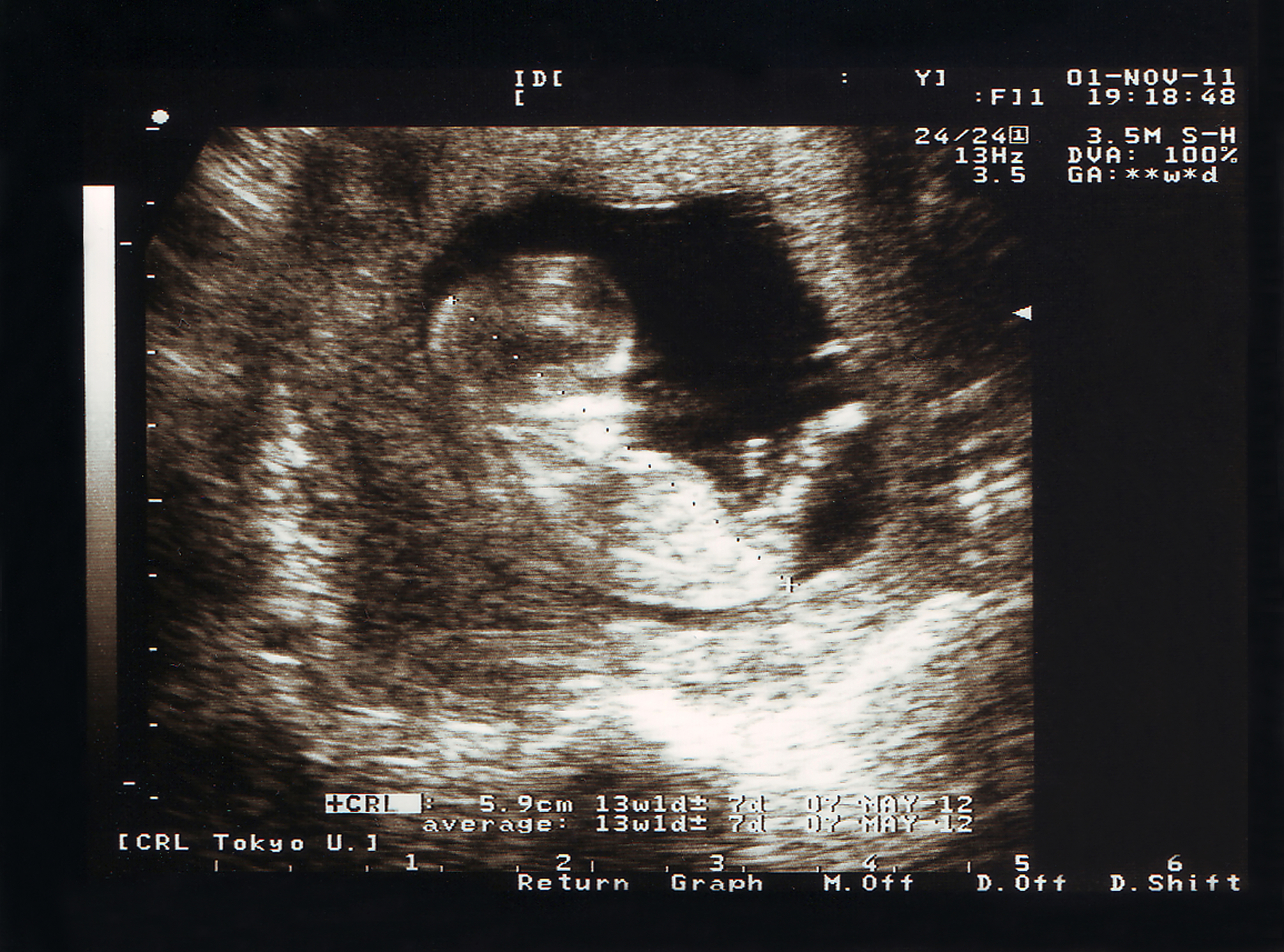Understanding Weight Gaining During Pregnancy
Weight gain during pregnancy is essential for fetal development, maternal energy, and overall health when properly managed.
Pregnancy weight gain is a natural and necessary part of a healthy pregnancy. The extra weight supports the baby’s growth and development and changes in the mother’s body. However, how much weight a woman should gain depends on several factors, including her pre-pregnancy weight, overall health, and whether she is carrying multiples.
Recommended Weight Gain During Pregnancy
Guidelines for pregnancy weight gain vary slightly, but the NHS and other health organisations generally recommend the following:
Most of the weight gain occurs in the second and third trimesters, as the baby develops and the body prepares for birth and breastfeeding.
Breakdown of Pregnancy Weight Gain
The weight gained during pregnancy is distributed across various components, including:
This weight is essential for supporting the pregnancy and ensuring the mother has enough energy reserves for labour and postnatal recovery.
Managing Pregnancy Weight Gain
While weight gain is necessary, excessive or insufficient gain can lead to complications. Too much weight gain can increase the risk of gestational diabetes, high blood pressure, and a more difficult delivery. On the other hand, gaining too little can lead to low birth weight and developmental issues for the baby.
To maintain a healthy weight gain:
Pregnancy weight gain is a natural part of a healthy pregnancy, but managing it through proper nutrition and activity is key to a safe and comfortable journey for both mother and baby.
home » Pregnancy Weight Gain
Weight gain during pregnancy is essential for fetal development, maternal energy, and overall health when properly managed.
